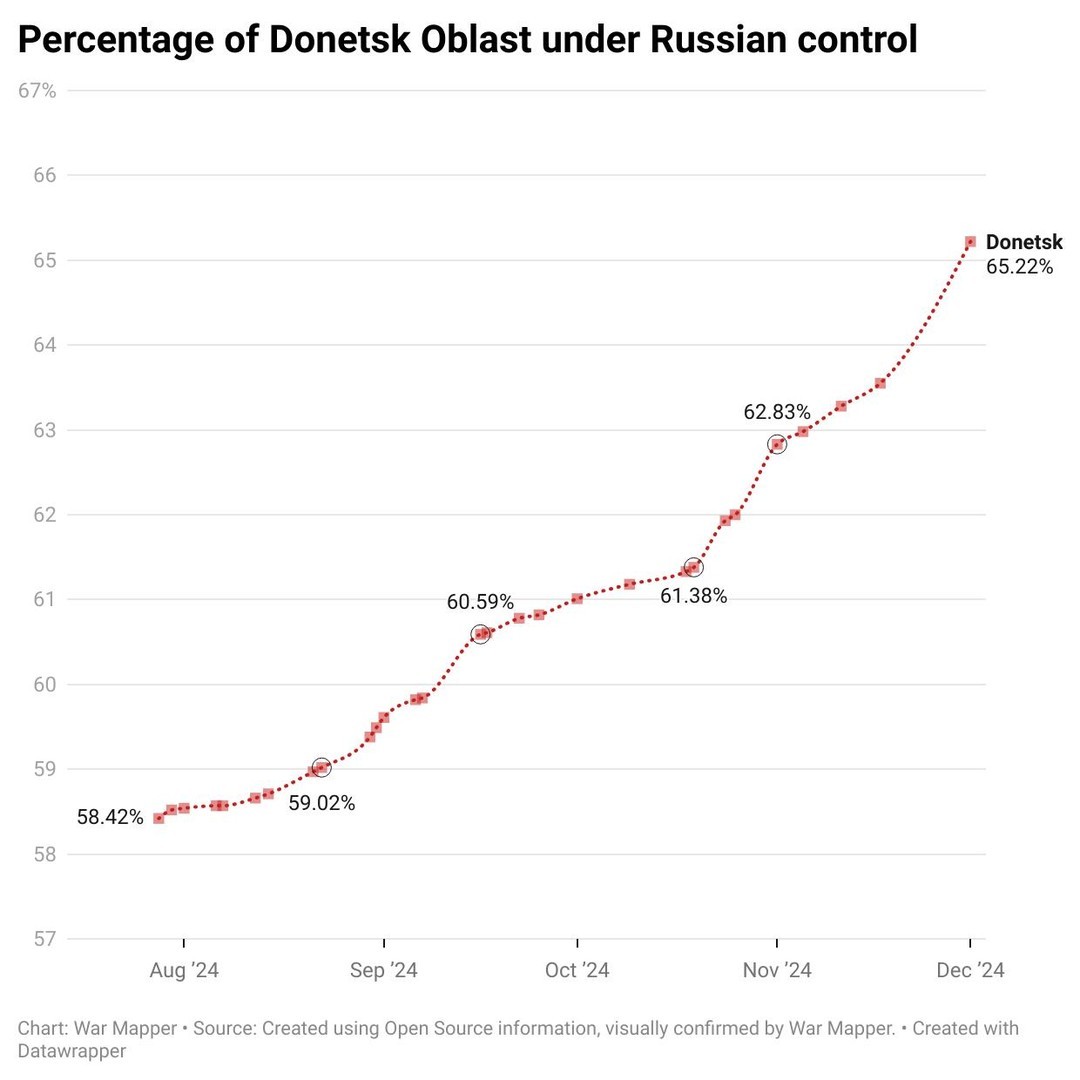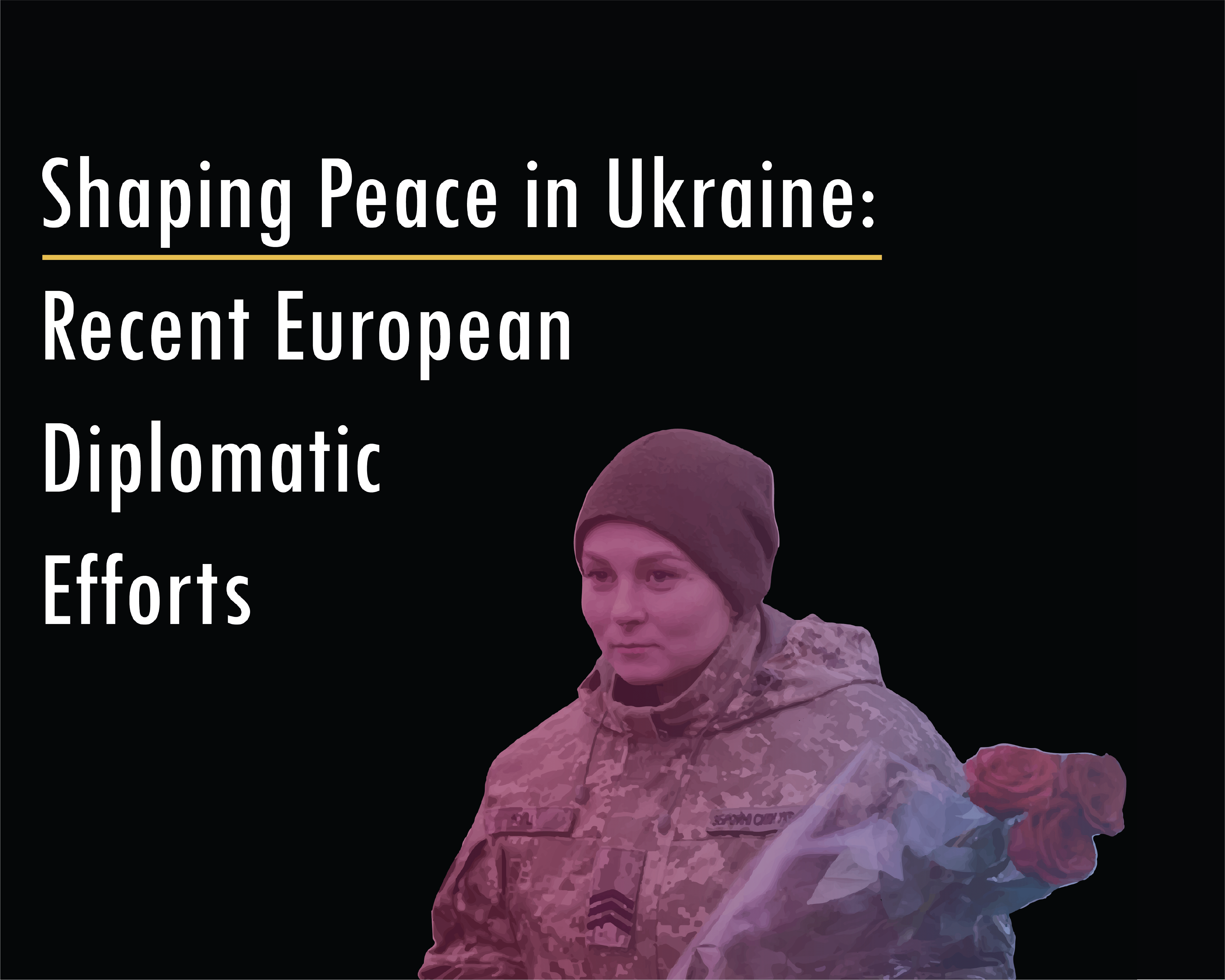The ongoing conflict in Donbas continues to draw international attention, with recent discussions involving European leaders, the United States, and Ukraine. These developments include French-Polish talks about the possible deployment of a peacekeeping force and Hungarian President Viktor Orban’s proposal for a ceasefire.
Previous Discussions
On December 7, 2024, US President-elect Donald Trump and Ukrainian President Volodymyr Zelensky met in Paris on the occasion of the reopening ceremony of Notre Dame Cathedral. The two leaders met with Macron at the Élysée Palace in Paris and discussed Ukraine’s security guarantees.
Macron stressed the necessity of Europe’s involvement in US-Russia negotiations, arguing that Europe’s security interests require active participation in the resolution of the conflict. He also maintained his previous stances on Europe’s readiness to support Ukraine financially and assume risks to safeguard its sovereignty.
Macron-Tusk Meeting in Poland
On December 12, Macron visited Warsaw for bilateral talks with Polish Prime Minister Donald Tusk and President Andrzej Duda. The discussions focused on increasing support for Ukraine and exploring pathways to peace.
Tusk revealed during a joint press conference that he and Macron discussed the possibility of deploying troops to Ukraine in the event of a truce or peace agreement. While acknowledging the strategic importance of such a measure, Tusk clarified that Poland currently has no plans to deploy forces and that any decisions on Polish involvement would be made independently in Warsaw.
The two leaders also highlighted the need to maintain Ukraine’s sovereignty and security while ensuring that European interests are fully represented in any negotiations. Macron stressed the importance of collaboration with the United States and Ukraine to develop a viable and inclusive peace strategy.
Poland remains a key supporter of Ukraine, preparing to take on the rotating EU Council presidency in early 2025. Tusk highlighted Poland’s commitment to ensuring Ukraine’s inclusion in all negotiations and maintaining alignment with European priorities.
During his Warsaw visit, Macron returned to France earlier than expected, allegedly to name a new Prime Minister.
Hungarian Proposal for a Ceasefire
The Kremlin announced that Hungarian Prime Minister Viktor Orban proposed a Christmas Day ceasefire in Ukraine to Russian President Vladimir Putin. The proposal included a large-scale prisoner exchange. Kremlin spokesperson Dmitri Peskov stated that Russia had communicated a preliminary prisoner exchange request to the Hungarian embassy and expressed support for Hungary’s mediation efforts.
Orban, who holds the rotating presidency of the Council of the European Union until the end of December, publicly disclosed this proposal on the social platform X, claiming he also presented it to President Zelensky. According to Orban, Zelensky rejected the proposal. However, Ukrainian officials denied participating in any discussions related to a ceasefire or prisoner exchange.
At the end of the Hungarian EU Presidency, we made new efforts for peace. We proposed a Christmas ceasefire and a large-scale prisoner exchange. It’s sad that President @ZelenskyyUa clearly rejected and ruled this out today. We did what we could! https://t.co/17f4tXJEsc
— Orbán Viktor (@PM_ViktorOrban) December 11, 2024
Dmytro Lytvyne, an advisor to the Ukrainian presidency, criticized Hungary for excluding Ukraine from the discussions and failing to notify Ukrainian officials of its negotiations with Moscow. Mykhailo Podolyak, another senior advisor to Zelensky, dismissed Hungary’s role as a mediator, emphasizing Ukraine’s preference for direct engagement with allies.
Ongoing Military Challenges
Russian-occupied territories currently account for approximately 20% of Ukraine’s landmass. These areas include parts of Luhansk, Zaporizhzhia, and Kherson Oblasts, as well as the Donetsk region, where Russian forces have made slow but steady gains in recent months.

These advances, along with the broader military challenges Ukraine faces, have reinforced Kyiv’s view that NATO membership is a critical component of its long-term security framework, offering defense guarantees in the event of a ceasefire and serving as a deterrent against future aggression.
However, the path to NATO membership remains uncertain due to opposition from key allies like the United States and Germany, who are wary of escalating tensions with Russia.
Looking Ahead
As the international community work to address the ongoing conflict in Ukraine, the coordination between European nations, the United States, and Ukraine will remain critical.
The European leaders’ push to integrate EU perspectives into peace negotiations reflects a commitment to reaffirming the Union as a key international player. These efforts have gained urgency, as the recent election of Donald Trump has been depicted by some as a potential threat to Europe’s global leadership.
With the European Council summit set for December 19 in Brussels and the incoming Trump administration’s anticipated policies, the coming months will be pivotal for shaping the future of Ukraine and broader European security.

